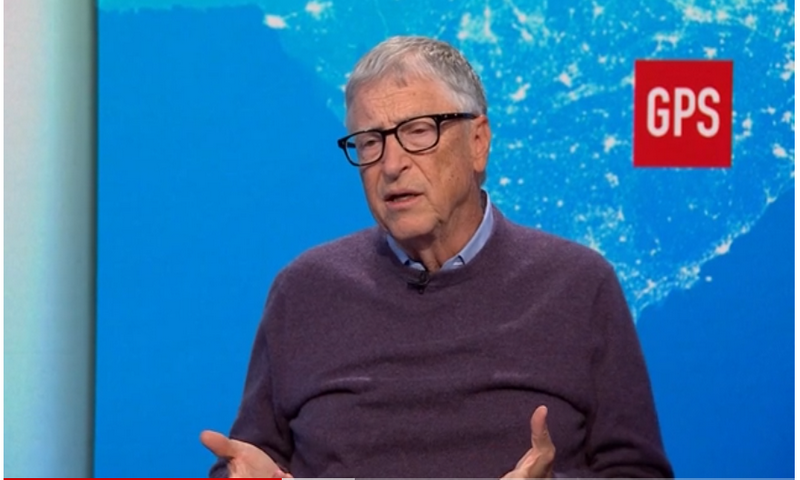US claim of using Huawei AI chips ‘anywhere’ breaks its export controls a long-arm jurisdiction: Chinese expert

AI Chip Photo: VCG
The US Commerce Department’s Bureau of Industry and Security (BIS) on Tuesday US time announced actions to strengthen export controls for overseas artificial intelligence (AI) chips, including issuing guidance that using Chinese telecom firm Huawei’s Ascend chips “anywhere in the world” violates US export controls and warning about the “potential consequences” of allowing US AI chips to be used for training and inference of Chinese AI models.
A Chinese expert slammed the move as a typical example of hegemonic thinking and long-arm jurisdiction, saying that these actions violate global free trade norms and would severely undermine the global AI ecosystem.
In a statement, the BIS said that the US Commerce Department had initiated a rescission of the Biden Administration’s AI Diffusion Rule, while announcing additional steps to strengthen export controls on semiconductors worldwide.
The AI Diffusion Rule was issued on January 15, 2025, with compliance requirements that were set to come into effect on May 15, 2025. These new requirements would have stifled American innovation and saddled companies with burdensome new regulatory requirements, the BIS said, adding that it will issue a replacement rule in the future.
The AI Diffusion Rule has been harshly criticized by many US tech firms and industry organizations. China's Ministry of Commerce also said in January that China firmly opposes the Biden administration's announcement of restrictions on exports related to AI, according to Xinhua.
The restrictions tighten export controls on AI chips and model parameters further, while extending extraterritorial jurisdiction, and they create obstacles and interference for third parties engaged in normal trade with China, a ministry spokesperson said.
While the replacement rule for the AI Diffusion Rule remains to be seen, the BIS’s issuance of guidance against Huawei’s Ascend chips and the use of AI chips by Chinese AI firms amount to a form of hegemonic thinking and the practice of long-arm jurisdiction, Li Yong, a senior research fellow at the China Association of International Trade, told the Global Times on Wednesday.
"Such actions, which leverage hegemony to interfere with market operations and curb other countries' autonomy in choosing alternative technologies, violate global free trade norms and would inflict severe damages on the global AI ecosystem," Li said.
For China, the tech restrictions imposed by the US have prompted China to pursue innovation, driving China to move toward more advanced independent development of AI chips, Li said.
Meanwhile, Microsoft co-founder Bill Gates said in a recent interview that the US tech bans on China have forced China to go full speed ahead in terms of chip manufacturing and other fields, suggesting that such bans have the opposite effect of its stated goals.
In the interview with CNN, the host asked whether the tech bans were "having, in a weird way, the opposite effect," Gates responded that "absolutely. I mean, they've forced the Chinese in terms of chip manufacturing and everything to go full speed ahead."
In stark contrast to the US’ restrictions on AI, China has adopted an open approach. On Tuesday, when asked about the second Workshop on AI Capacity Building opened in Beijing, Lin Jian, a spokesperson for the Chinese Foreign Ministry, said that this Workshop is a concrete action to implement the Global AI Governance Initiative, the UN Resolution on Enhancing International Cooperation in Capacity-Building of Artificial Intelligence, and the AI Capacity-Building Action Plan for Good and for All.
“We will continue to uphold the philosophy of extensive consultation and joint contribution for shared benefit, enhance communication and cooperation with all parties, stay committed to providing public goods for the international community, share AI dividends with fellow developing countries, and promote AI to better serve global development,” Lin said.
Global Times

